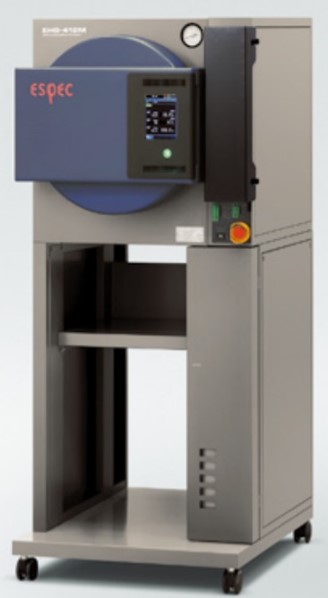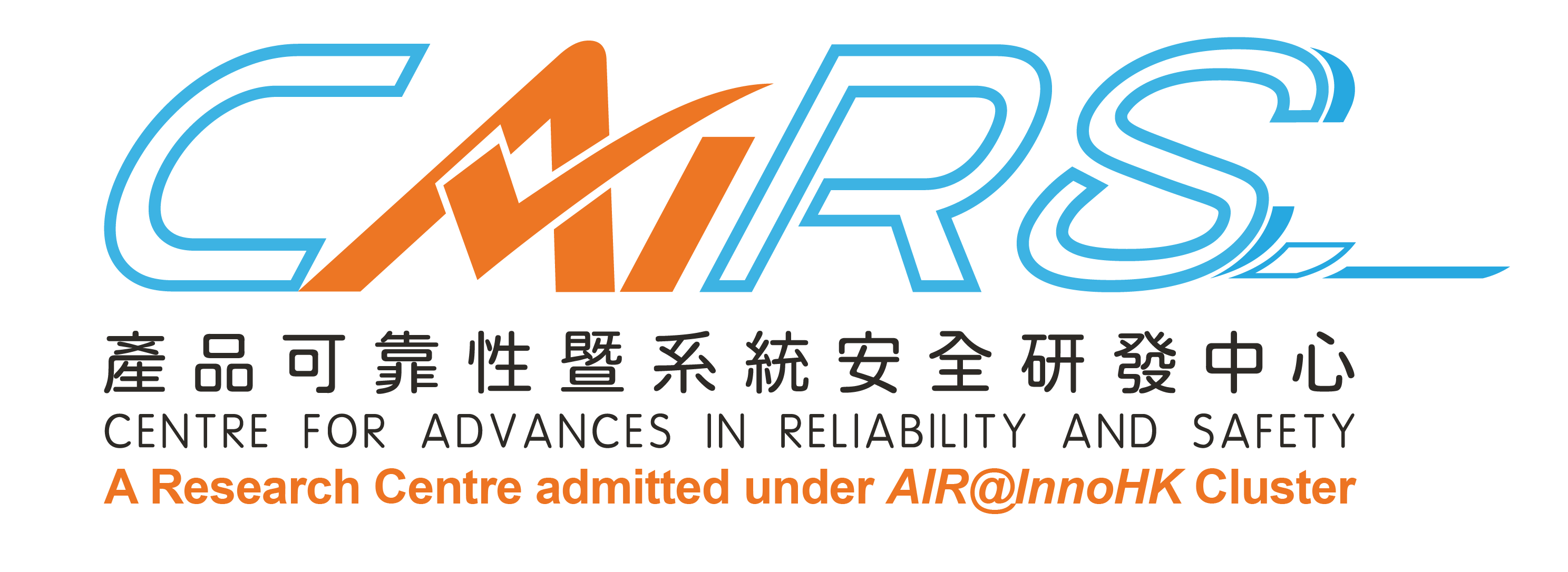Highly Accelerated Stress Test (HAST) Chamber

The EHS-412M HAST chamber is a highly accelerated method for reliability testing of electronic components using temperature and humidity as the environmental parameters. HAST is also known as the pressure cooker test (PCT) or unsaturated pressure cooker test (USPCT). Its purpose is to evaluate a test sample’s humidity resistance by increasing the water vapor pressure in a test chamber to an extremely high level above the partial water vapor pressure inside the test sample. This process temporarily accelerates the infiltration of moisture into the sample.
HAST is a more accelerated version of accelerated humidity-resistance testing. Compared to high-temperature/ high-humidity testing (at 85oC/85%RH), HAST causes more component contact due to moisture-driven corrosion and more insulation deterioration. The maintenance of high humidity at temperatures above 100oC allows for extreme acceleration, up to a factor of 50 times, of corrosion mechanisms due to moisture. HAST is done mainly on plastic sealed components.
Typical Applications:
- Non-hermetic sealed electrical and electronic components
- Semiconductors
- Humidity resistance of non-hermetically sealed semiconductors
- Reliability of non-hermetically sealed semiconductor devices
- Durability of semiconductor devices
Specifications:
- Temperature range 105 to 160oC
- Humidity control range: 75 to 100% rh
- Pressure range: 0.020 to 0.390 MPa
- Temperature fluctuation: +/- 0.3oC
- Humidity fluctuation: +/- 2.5%rh
- Heat up and pressurization time: 0 to 0.39 MPa in 50 minutes
- Internal dimension: dia. 294 x D 296mm
